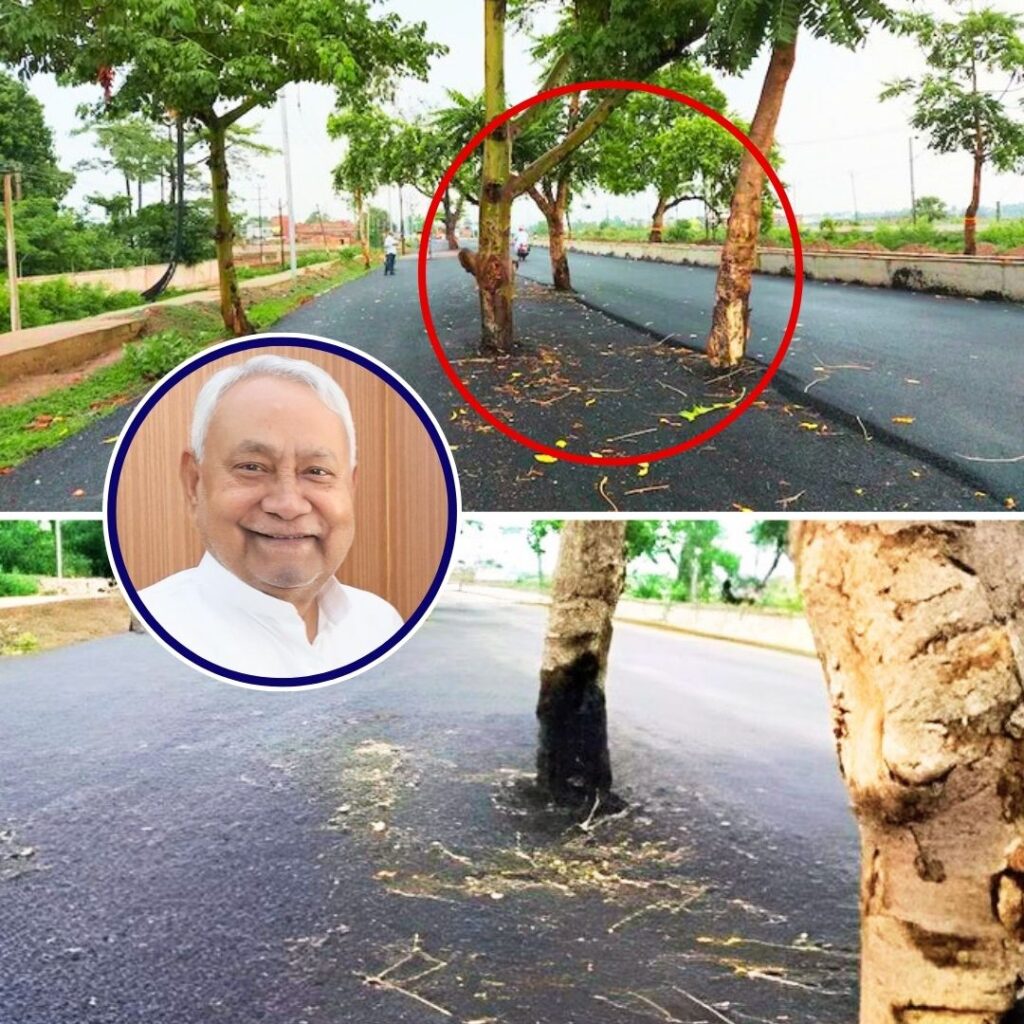On Thursday, February 28, the Supreme Court put on hold its February 13 order directing states to evict more than 10 lakh indigenous people whose land claims were rejected, reported the Business Standard. A three-judge bench, chaired by Justice Arun Mishra gave the states four months time to file affidavits detailing the procedure adopted while rejecting the claims made by the Forest Dwelling Scheduled Tribes (FDSTs) and Other Traditional Forest Dwellers (OTFDs).
The states have time till July 10, after which the court will examine the matter. This modification came after the tribal affairs ministry pointed out that the process of settling applicants claims and rights left a lot to be desired. Centre after facing a severe backlash from the opposition parties for remaining silent on the matter had sought some time from the apex court to file affidavits on February 27.
The Centre in a review petition had asked the SC to modify its earlier order as states failed to table the complete picture in front of the court. The Centre said that it will be a âmiscarriage of justiceâ, if the eviction of so many tribals is made without putting forward the entire information. It further said in absence of complete information, the eviction of tribals would cause âserious prejudiceâ who have been residing in the forest for generations.
In reply to this, the Top court on Thursday slammed the Centre for âbeing in slumberâ over all these years and questioned them as to why they had not come to the court. The bench said, âYou woke up now⦠you were in slumber? Why were you sleeping for the last several years? For years you do nothing and now you come for modificationâ.
What does the Supreme Court order of February 13 say?
The Supreme Court on February 13 has ordered the eviction of over 10 lakh tribals and other traditional forest dwellers from forest lands across 16 Indian states. The move came after the Central government failed to defend the Forest Rights Act, which protects their rights. The written order was released on February 20.
Reportedly, the number of tribals who will eventually end up getting evicted from their homes will rise as more and more states will be made to comply with the Supreme Courtâs order. The latest Supreme Courtâs order came after it heard petitions challenging the Forest Rights Act (FRA). The petitions were filed by a group of wildlife activists who demanded that those whose claims over traditional forest lands were rejected under the act should be evicted by the state governments, reported Business Standard. The orders were passed by a Bench of Justices Arun Mishra, Navin Sinha and Indira Banerjee.
Reportedly, the Centreâs lawyers were absent from the hearing that day, which led the three-judge bench to pass the order, thereby giving states date till July 27 to evict tribals. Each state is then supposed to submit a report to the apex court. âLet Forest Survey of India (FSI) make a satellite survey and place on record the encroachment positions and also state the positions after the eviction as far as possible,â read the court order.
Tribals Called For Bharat Bandh To Protest SCâs February 13 order
Upset with the Modi-led BJP governmentâs failure to defend the populaceâs rights in the apex court, tribals earlier had demanded Centre to bring an Ordinance immediately to protect their rights, as mentioned in the Forest Rights Act (FRA). Ashok Bharti, a Dalit and tribal activist, supporting the bandh said that it will only be called off if the demands tabled by the forest-dependent communities are met. To raise the voice and support the movement, the call for bandh was made at the local level in tribal-dominated states. Various social media platforms such as Twitter, Facebook, and others were used to spread the message.
After being informed about the bandh and the reason behind it, Dalits had nodded to join the movement on March 5. Their demand was getting FRA to be restored along with a discussion on the 13-point roster system of appointments in colleges, universities, railways, and other government organisations. The 13-point roster system is constricting the entry of SCs, STs and OBCs in these government institutions. They have also demanded an Ordinance to reverse the reservation system in appointment to make sure SCs, STs, and OBCs receive better opportunities. They also planned to hold a rally in Delhi to underline their issues and demands, said Bharti.
He further added that the government and the embedded officials should ensure that tribal people who are dwelling in their ancestral habitat for centuries and do not have documents, get what they are entitled to. He mentioned that the apex court along with Dalit and tribal commission has failed to represent the voices of STs, and SCs.
[Watch] Why did the supreme court order the eviction?
Why Did The Supreme Court Order The Eviction of 2 Million Adivasi Families?
In direct violation of the Forest Rights Act, more than …











